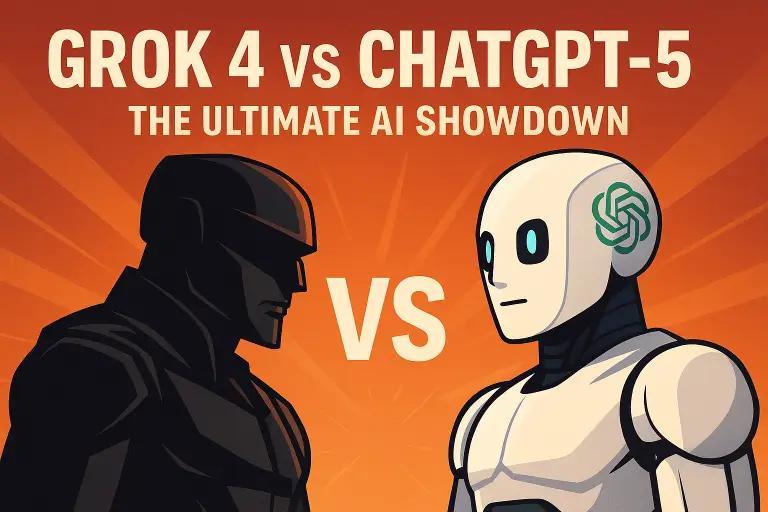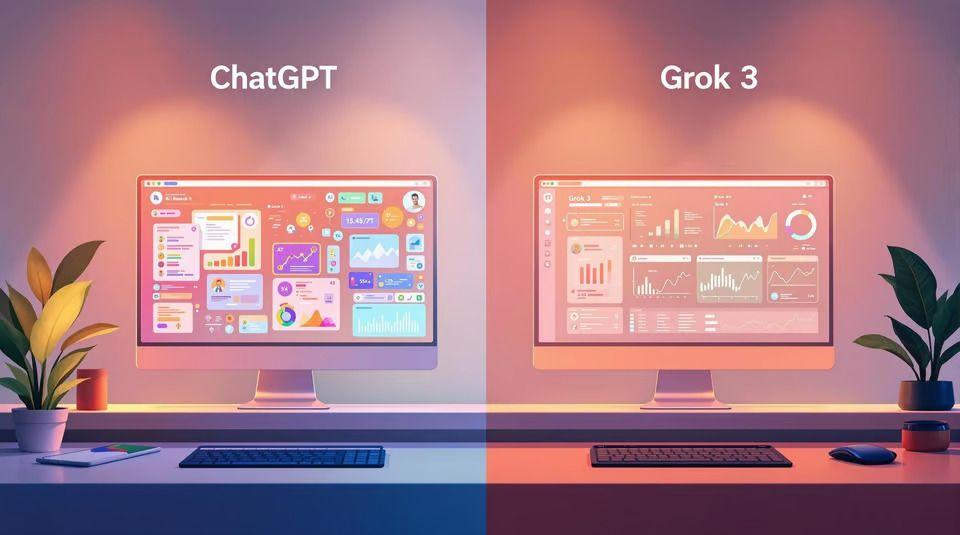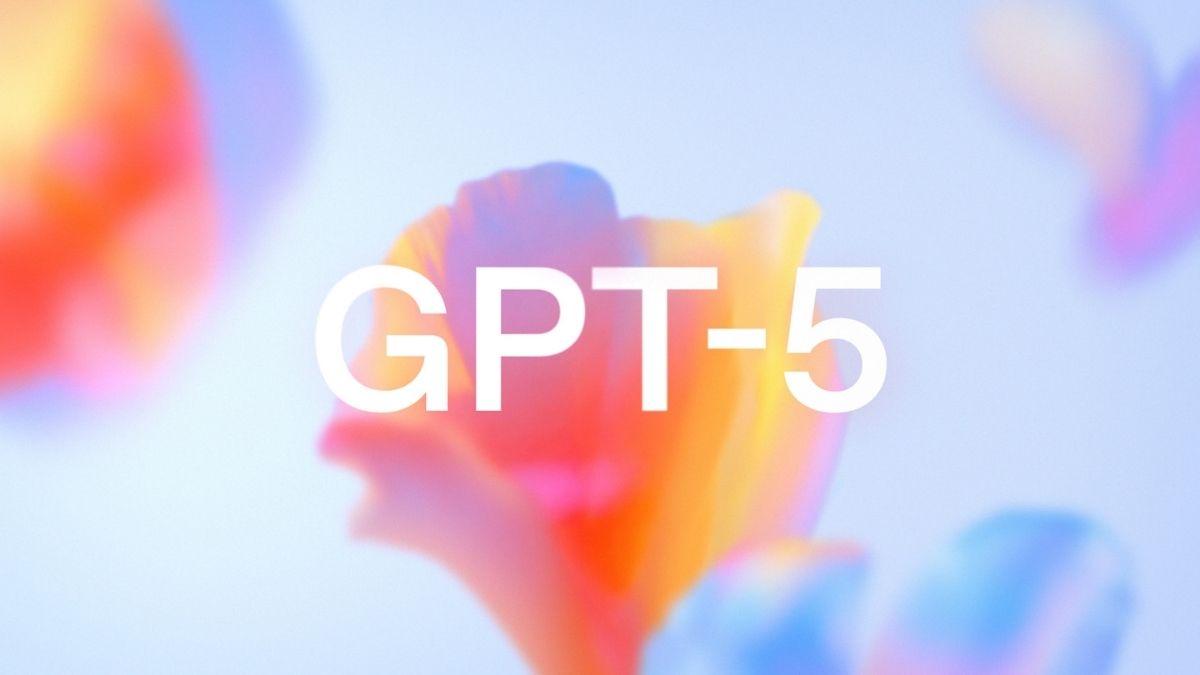When comparing Claude vs. ChatGPT, it’s clear that both are advanced AI chatbots, but they were built with very different goals in mind. Is ChatGPT better than Claude, or the other way around? The answer depends on what you value more. Is it speed and flexibility, or structure and safety?
That’s why understanding the difference between Claude and ChatGPT is so important. It’s not just about which tool is more powerful. It’s about which one fits your workflow, your industry, and your comfort level when it comes to automation and decision-making.
Below, we compare both tools across key categories to help you make the right choice.
Claude is built on Anthropic’s Constitutional AI framework, which trains the model to follow ethical guidelines from the outset. This design helps keep responses on track and reduces the likelihood of generating harmful, irrelevant, or misleading content. Claude is engineered to be cautious and interpretable, favoring transparency over flashiness.
ChatGPT, developed by OpenAI, uses a different architecture. It runs on the GPT family of models, with GPT-4 currently being the most advanced available through paid access. Its focus is on natural flow and adaptability. It’s less constrained by built-in restrictions, which makes it better suited to high-volume, creative, and unpredictable tasks. But with that freedom comes more room for variation in tone and accuracy.
ChatGPT stands out for its speed, language fluency, and creative capability. It performs especially well in brainstorming sessions, content writing, coding assistance, and summarizing articles or reports. It can easily switch between casual and formal tones, making it ideal for teams juggling a wide range of communication tasks.
Claude is more measured and deliberate. While it may take a little longer to respond, it tends to offer more structured, well-considered replies — especially in sensitive or technical areas. If you're working in legal, healthcare, public policy, or financial services, Claude’s ability to remain on-message and risk-averse may be exactly what you need.
This is a key difference between Claude and ChatGPT. Claude is more restrictive, designed to minimize risk and avoid generating biased or unsafe content. Its responses follow clearer ethical boundaries, making it appealing for teams concerned with brand reputation or compliance.
ChatGPT does include moderation tools and avoids most inappropriate content, but it allows more freedom in how users engage with it. For those seeking speed, creativity, and minimal filtering, this is a benefit. But in sensitive use cases, it may require closer oversight.
- Usability and integrations
ChatGPT is accessible across a wide range of platforms. It integrates natively with Microsoft 365, Slack, and many browser extensions, and includes advanced features like custom instructions and plugin support. For many, it feels like a plug-and-play solution.
Claude currently offers access via platforms like Poe, and some enterprise integrations are emerging. While it's easy to use once you're in, the number of access points is still limited in comparison.
- User experience and accessibility
ChatGPT’s interface is polished and beginner-friendly, with memory, chat history, and custom settings available depending on your plan. It’s a strong fit for both individuals and teams who want to hit the ground running.
Claude, while intuitive, can feel more minimal. Fewer access points, fewer personalization features, and tighter response controls mean it works well in structured environments but may be less engaging for everyday, casual use.
ChatGPT offers a free version powered by GPT-3.5, plus a paid ChatGPT Plus tier that unlocks GPT-4, along with priority access, faster responses, and plugin support. The pricing is transparent, and the platform caters to both individuals and teams.
Claude is also available for free, typically through platforms like Poe. However, the free access comes with daily message limits and other restrictions. To unlock extended usage or higher message caps, users can upgrade to a paid subscription. Claude’s premium access may also be bundled with other features on third-party platforms or offered through enterprise plans with custom pricing.
Claude can be overly cautious, sometimes to the point of declining harmless queries. While this protects users, it can feel limiting for creative or open-ended work.
ChatGPT, while fast and flexible, can sometimes “hallucinate” or produce confident-sounding but incorrect answers. This means it needs a human-in-the-loop for critical or professional tasks.
Both models have trade-offs, which is why many users prefer flexible tools like Chat Smith, which support access to both and help match features to real-world needs.



